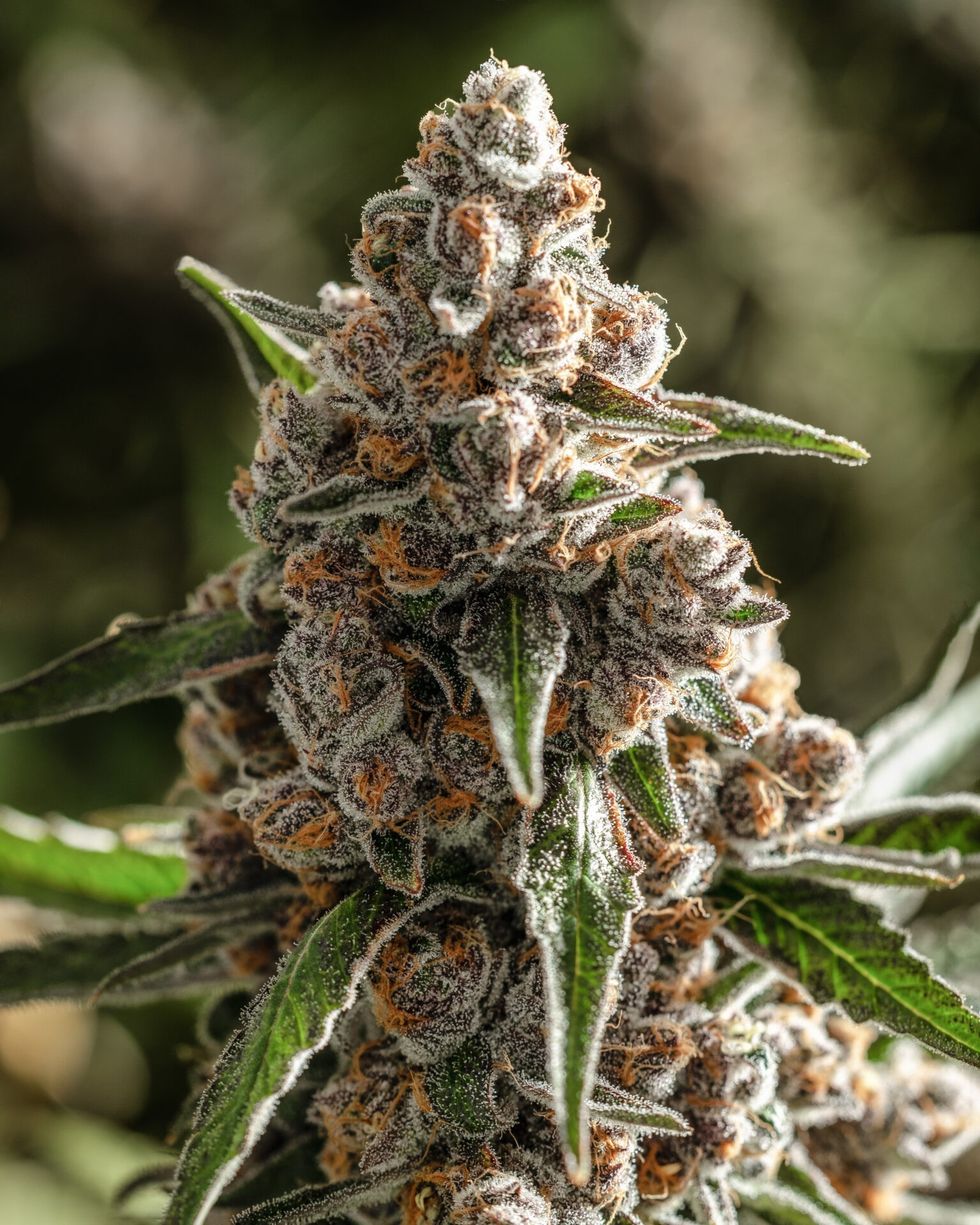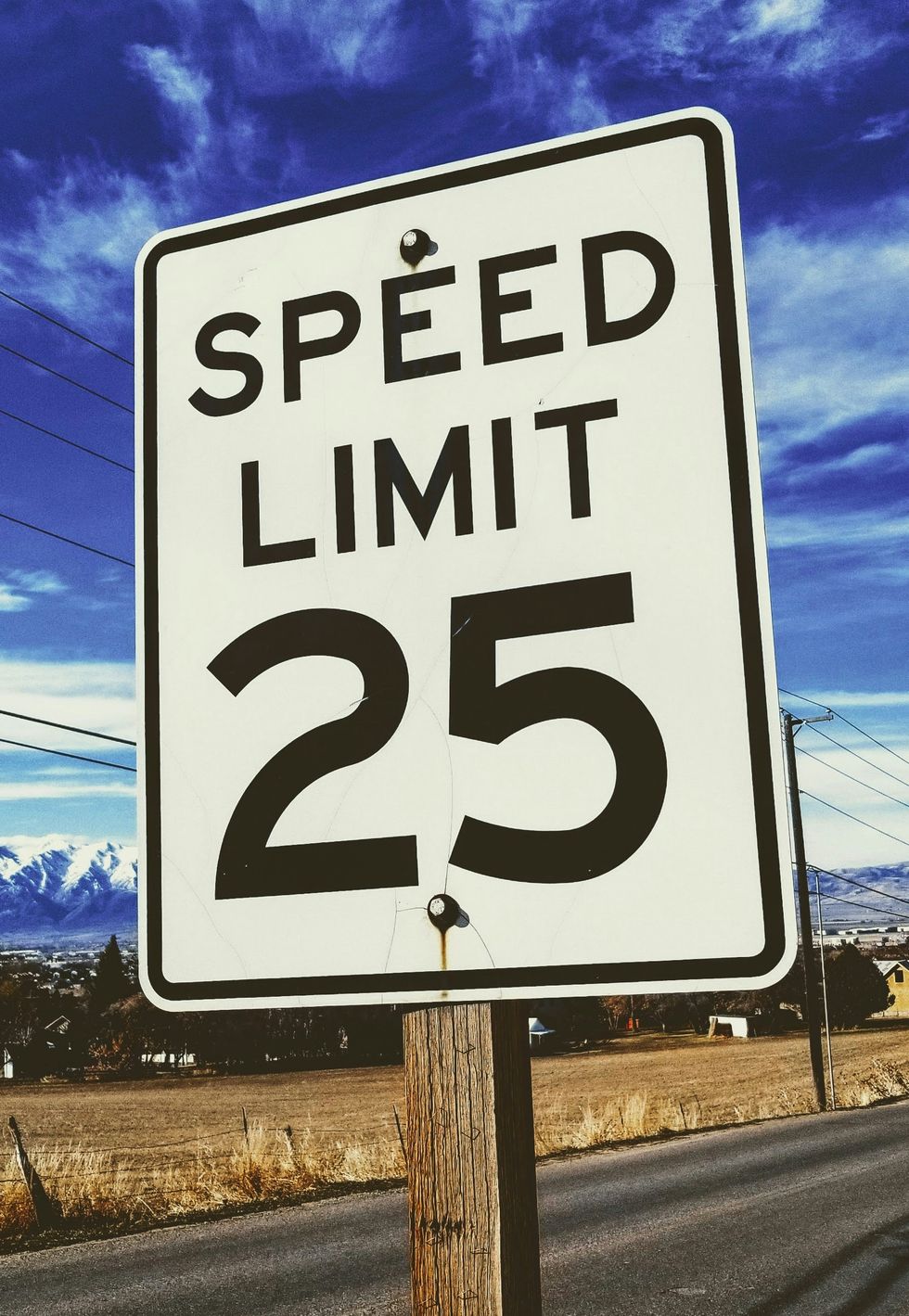Sign Up for The Bluntness Newsletter for Your Weekly Dose of Cannabis News
How big is the cannabis job boom in the U.S.?
Over 64,000 marijuana-industry jobs were added in 2018 -- and we can only expect that to increase as more states continue to decriminalize and legalize marijuana this year. But there’s someone that is often left out of this equation, who actually paved the way: Our local (and often-illicit) pot dealer or “weed guy.”
Two sessions at SXSW Cannabusiness focused on answering some hard questions: “The Evolution of The Pot Dealer” and “Can We Heal Ourselves From the War On Drugs?”
Business leaders and community activists passionately discussed the effects of past disenfranchisement and the importance of social equity -- with some hard-hitting debates about whether the new crop of cannabis companies should make social equity efforts a priority.
Where social equity programs fit
A big proposed goal of social equity programs is to help disadvantaged individuals and people with previous cannabis convictions transition into legal business owners.
But the big question with these programs is whether they actually help the local dealer?
“Social equity does not change [the pot dealer’s] capacity to run a business,” says Lanese Martin, founder of The Hood Incubator, an Oakland based non-profit organization that has accelerated over 30 Cannabis businesses for people of color
“What it does is provide an opportunity for them to find someone who has advantages and privileges to help him get licensed. This is the reality of over 800 people in Oakland.”
What cannabis CSR looks like
Another question raised was whether the influx of well-funded and legal marijuana-related businesses have some kind of obligation (call it corporate social responsibility, or CSR) to invest resources in the communities that their businesses exist in and profit from.
Examples might include a legal cannabis license holder offering marijuana-licensing support and fee waivers to disenfranchised individuals in the neighborhood, but panelists said there’s resistance and in some cases, outright opposition to efforts like this.
“Businesses with licenses are not interested in social equity. The really well-funded businesses don’t really care,” says Adam Vine, Co-Founder of Cage-Free Cannabis. “They actually oppose the concept. People who have licenses now want to prioritize enforcement and enforcing people out of business.”
Will consumer pressure make the difference?
Since the growing pool of legal marijuana, cannabis, and CBD companies have varied opinions about the merits of social equity programs, it seems like it will be up to the consumer to ensure that these programs get put in place (and deliver some kind of benefit to the community).
The model for this already exists in the growth of home, health and wellness products labeled “fair trade” -- as well as the push for technology companies (and others) to deliver equal pay to women.
“[At the] end of the day, companies want to look good,” Martin challenged.”Consumers have the power to ensure that companies are investing in programs such as social equity, [so] use your power.”
Panelists noted that some of the responsibility lies with investors too, since they can use a marijuana businesses’ current level of community involvement or proposed social equity efforts as a benchmark for potential funding.
But ultimately, the new crop of cannabis consumers has the most power when it comes to leveling the marijuana-playing field. When they consider a CBD or weed brand’s social equity program before they make a purchase, lives change.
By voting with their dollars, medical and recreational marijuana users can ensure that the businesses they support, support social justice and equality in cannabis as well.







 Super Boof Strain: 2024 Strain of the Year - The Bluntness
Super Boof Strain: 2024 Strain of the Year - The Bluntness Super Boof Strain: 2024 Strain of the Year - The Bluntness
Super Boof Strain: 2024 Strain of the Year - The Bluntness









 What will you do with that cannabis kief collection? - Make Coffee! The Bluntness
What will you do with that cannabis kief collection? - Make Coffee! The Bluntness DIY: How to Make Kief Coffee - The Bluntness
Photo by
DIY: How to Make Kief Coffee - The Bluntness
Photo by 
 The Truth About THC Candle: Cannabis Candles & How to Make Your Own - The Bluntness
Photo by
The Truth About THC Candle: Cannabis Candles & How to Make Your Own - The Bluntness
Photo by 





